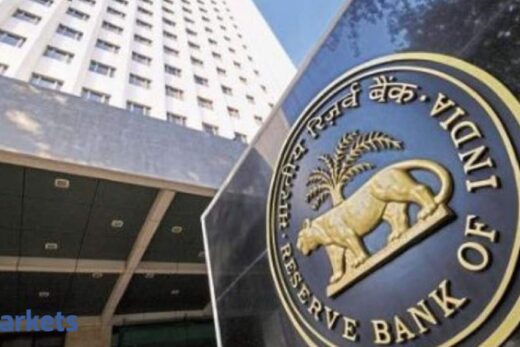Overall, developed markets have three times more debt than that in the emerging markets. Still, the interest burdens of developed markets and emerging markets are almost at similar levels. This is because developed markets have very low interest rates in their economies. This provides the developed nations with the capital to support their economies and run large fiscal deficits. And it is this money expansion in the developed nations that is leading to asset price inflation.
The 24/7 money printing has ensured that the demand remains high. Which is why in the US, the operating margins of S&P500 are at all-time high level. One unique thing in this phase of boom is that the big is becoming bigger. Profit margin of their top 50 companies has grown consistently over the years. It has multiplied 3X in the past 30 years.
This trend is being witnessed across the world where big companies are becoming bigger. This may be happening because they are financially well-positioned to ride cycles.
On the home front, we are currently witnessing a “triveni sangam” of money, market sentiments and fundamentals. Money flow is strong from every corner, including local and global investors. Sentiments are better because of the second wave coming down and the economy gradually opening up. Moreover, we saw corporate profitability growth throughout FY21 and we are observing FY22 corporate earnings to be moving in that direction too based on June’21 quarterly earnings results. The stock market is ignoring short-term pain of Covid-19 and looking at long-term corporate profitability.
From a broader market perspective, we believe one may consider being marginally overweight on largecaps and marginally underweight on midcaps and smallcaps. Smallcaps have delivered double the return of largecaps in the last one-and-a-quarter year. Midcaps have delivered about 1.5 times returns of largecaps. The valuation gap between large, mid and smallcaps has narrowed down considerably.
From an asset class perspective, this is neither the time to be overweight equity nor the time to be underweight equity. This is the time to follow your disciplined asset allocation model.
My advice to investors is, one, be a long-term investor. You must have the patience to create wealth over a period of time. Second, be a regular investor. All the little savings which you do will go a long way in building a good retirement corpus. The third one is to follow a disciplined asset allocation. You do not put all the eggs in one basket. In the same way, you do not make all your investments based on past performance.
So be a regular investor, be a long-term investor and be a disciplined asset allocator.
Disclaimer: Views expressed are personal and do not reflect the views of Kotak Mahindra Asset Management Company Limited.



